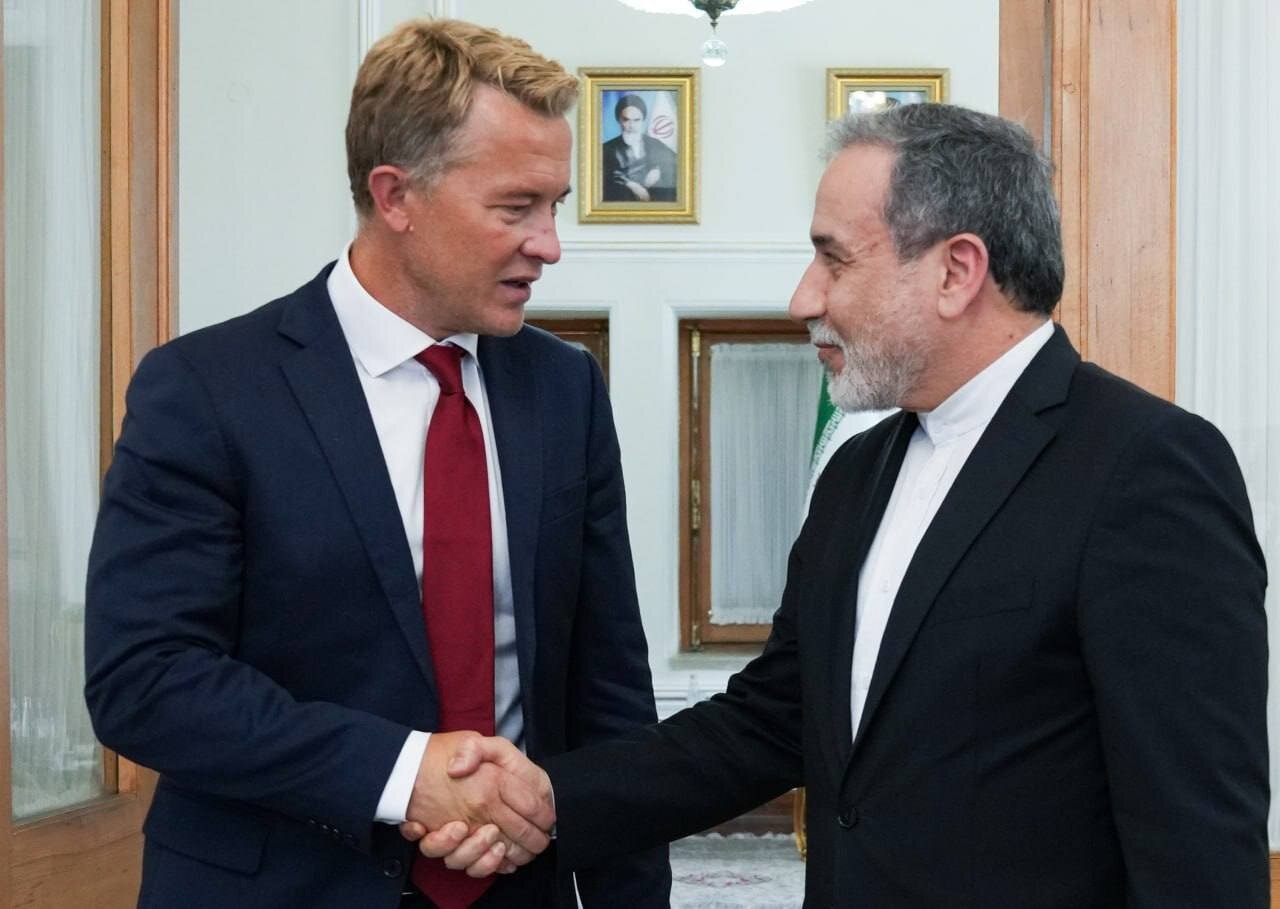TEHRAN – The Tehran Times understands Norway is a likely candidate to mediate potential talks between Iran and the United States after a U.S.-Israeli bombardment campaign on Iranian soil derailed the earlier Oman-mediated negotiations in April and June.
Sources familiar with the matter have told the Tehran Times that both Iran and the U.S. are willing to kickstart new negotiations. While the previous talks focused solely on Iran’s nuclear program, Tehran insists that compensation for war damages will be an integral part of any future discussions. Sources added that new, indirect negotiations, with the mediator acting as go-between, could begin as early as this month.
The previous Iran-U.S. talks were slated to resume for a sixth round just days before Israel launched airstrikes targeting Iran’s nuclear, military, and civilian infrastructure on June 13. The ensuing 12-day bombing campaign killed at least 1065 Iranians, mainly civilians, including senior military officials and nuclear scientists. The U.S. entered the war directly on June 22, deploying B2 bombers to strike three nuclear sites previously hit by Israel.
Iran’s retaliation involved a large-scale missile and drone assault on the occupied territories, as well as a missile attack on Al Udeid Air Base in Qatar, Washington’s most important military base in West Asia. The war came to a halt on June 24 following a ceasefire proposal by Israel, which found it increasingly difficult to fend off the Iranian attacks and manage their aftermath.
According to Western media reports, Israel and the U.S. were running low on air-defense missiles by the end of the war. Furthermore, Hebrew media reports indicate that at least 31,000 buildings and 4,000 vehicles in Israel were destroyed or heavily damaged by Iranian projectiles, and the Israeli regime is struggling to provide shelter and compensation to the affected population. Details are scarce, as Israeli authorities have imposed strict censorship on international media since the early stages of the conflict.
Rising opposition inside Iran
Norway’s Deputy Foreign Minister Andreas Kravik visited Tehran this week to meet with Iran’s top diplomat, Abbas Araghchi. The official readout from Iran’s foreign ministry made no mention of Norwegian mediation in potential new U.S. discussions, but the unannounced visit has largely been linked to the matter. Norway was among the few Western countries to join the 120 nations that unequivocally condemned Israel’s war against Iran, and it has traditionally enjoyed good relations with the West Asian nation.
Should it be officially confirmed, Iranian diplomats would be entering new talks with the United States amid rising domestic opposition to such engagement. Since before the war, distrust of diplomatic engagement with Washington has grown within Iran. Conservative political factions as well as a portion of the population believe previous talks served as a cover-up for U.S.-Israeli attacks against Iran.
Saeed Jalili, a prominent conservative figure, is among the most vocal opponents of renewed diplomacy with Washington. The former nuclear negotiator expressed his opposition on X this week, comparing calls for negotiations to the biblical “Golden Calf” idol worship.
In various interviews, Araghchi and his colleagues have stated that any new talks are contingent on a U.S. guarantee against military action during the diplomatic process. Despite this condition, both Araghchi and military officials within Iran believe that the country must remain vigilant and prepared to defend itself at any time, according to information obtained by the Tehran Times.
Recent developments support this assessment. The formation of a new Defense Council, coupled with the rapid repair and strengthening of Iranian defense systems, suggests Iran believes war is still a distinct possibility. Iranian intelligence forces have also been in full swing to apprehend individuals who aided Israel’s offensive in June.
Is an agreement even possible?
The U.S.-Israeli attacks severely damaged Iran’s nuclear facilities, but the country says it is adamant about resuming its nuclear activities, which it has been negotiating with the West since 2003.
In 2015, years of diplomatic and technical efforts culminated in the Joint Comprehensive Plan of Action (JCPOA), signed between Iran and the P5+1 nations (the U.S., UK, France, China, Russia, and Germany). The deal imposed caps on Iran’s nuclear activities in exchange for the termination of sanctions. Three years after its signing, however, the agreement became essentially defunct after Washington, under President Donald Trump, withdrew and re-imposed sanctions against Iran. Trump, who believed the JCPOA was “weak,” then began the so-called “maximum pressure campaign,” a series of secondary sanctions that, although harming Iran economically, did not manage to force it to cede its nuclear capabilities. Iran tried to revive the JCPOA during the Biden administration without any success.
Throughout all negotiations, including the recent ones under Trump, Tehran has consistently maintained that that any agreement must allow it to enrich uranium for civilian purposes. This position is unlikely to change in future talks. Analysts believe the two countries will only be able to strike a new deal if Washington pursues a win-win solution, one that ensures Iran cannot develop nuclear weapons while respecting its right to enrich uranium to the grades required for non-military applications.
